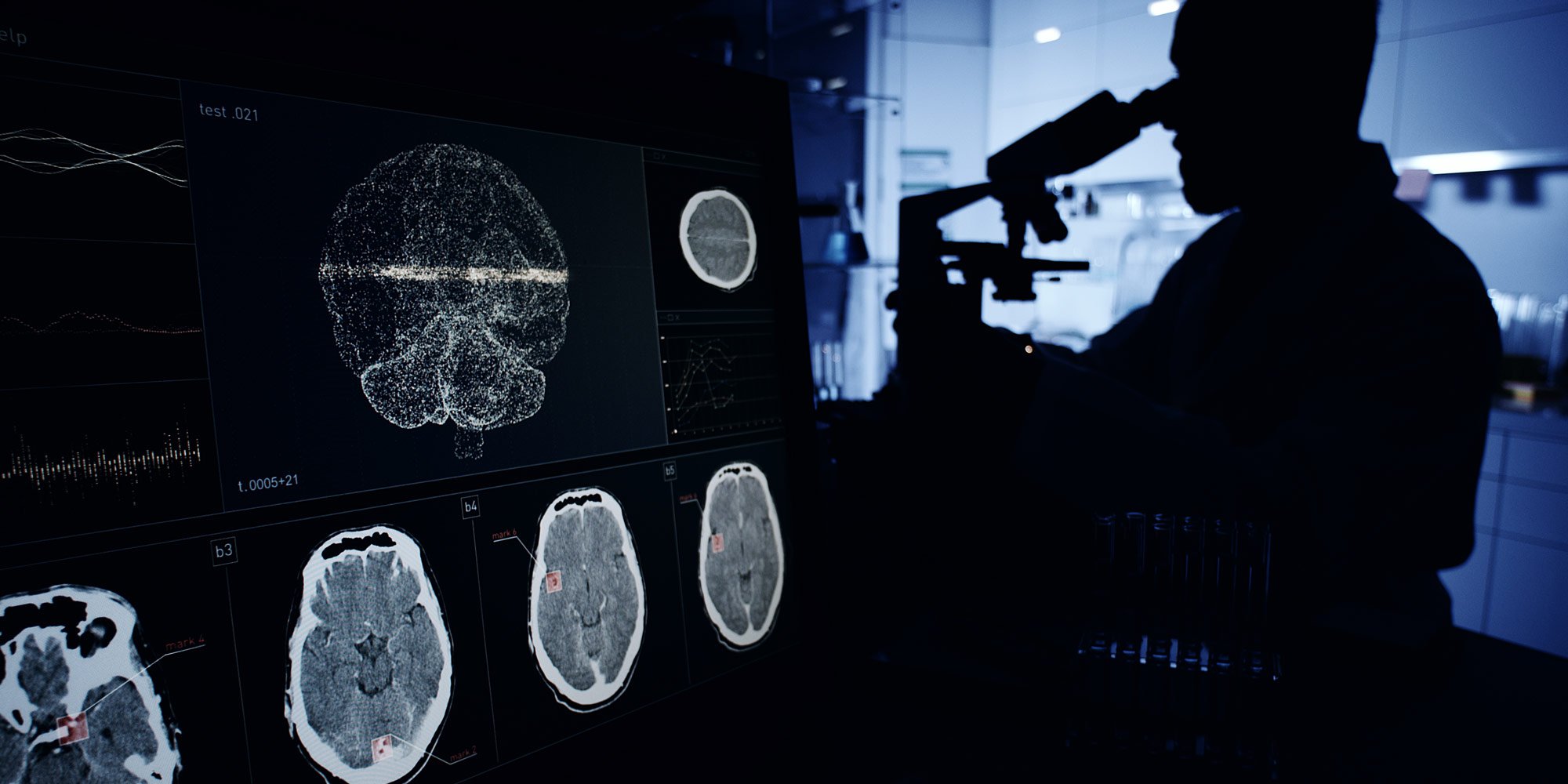
Dallas, TX
As we watch our country reckon with the results of the opioid epidemic, Tennesseans don’t have to look far to see the grave effects on families and communities. Almost 2,000 Tennesseans died due to opioid overdoses in 2018 according to CDC statistics released earlier this year—sadly, a record high for the state.
While Tennessee has made great strides in recent years to address the opioid crisis, this sobering number shows that greater support is needed to reverse the trend—most importantly, we need to ensure that Tennesseans have access to evidence-based opioid addiction treatment.
Opioid addiction, or opioid use disorder (OUD), is unique from other substance use disorders. As one consumes an increasing amount of opioids, the body gradually adjusts to the elevated levels. When an individual with severe OUD quits cold turkey, the body goes through such painful withdrawal that relapse is common. When a person relapses, he/she often takes a high dose that their body is no longer able to tolerate, often resulting in an overdose or even death.
Counteracting the destructive effects of OUD requires a comprehensive treatment protocol that combines medication with counseling and behavioral therapies. Known as medication-assisted treatment (MAT), this approach is proven to reduce the risk of recidivism and death for patients with OUD. Historically, the key barriers to care for many Tennesseans has been cost and lack of insurance coverage.
Thankfully the federal government and Tennessee have taken significant steps to help increase patient access to evidence-based treatment. To help prevent opioid overdose deaths in the state, Tennessee has mandated prescriber education, implemented opioid prescribing guidelines, increased access to naloxone and reinstated coverage of methadone, an FDA-approved drug for OUD treatment, among many other measures over the years.
Currently, the state is working to implement mandates from the federal SUPPORT for Patients and Communities Act that was passed into law in the fall of 2018. The legislation requires that Medicaid cover all forms of MAT—including FDA-approved drugs, counseling and behavioral therapy—beginning in October 2020. Tennessee is actively working with key stakeholders to optimize this newly mandated Medicaid funding to ensure residents have access to MAT without short-sighted and harmful restrictions, such as dosage limits, preauthorization and step therapies.
As the state expands its Medicaid services to combat this crisis, TennCare is also exploring coverage of wraparound services, such as vocational training, peer and caregiver support, housing assistance, childcare and educational programs. These soft supports help keep patients committed to their recovery journey. With these services, patients are more likely to achieve long-term success by working closely with a care team to meet individualized milestones, like securing a job or re-attaining custody of children.
Some of the largest private insurers of Tennessee are also recognizing the importance of MAT and have been expanding coverage of treatment for its members. We are encouraged by these efforts and hope that this shift continues so that more Tennesseans have access to this life-saving treatment.
The complexities of OUD treatment make a one-size-fits-all approach impossible. Both large private insurers and public insurers like TennCare are recognizing that OUD, like other chronic diseases, requires long-term treatment and support to maintain recovery. The entire addiction treatment community is hopeful that Tennessee’s incoming MAT coverage is meaningful and without barriers to access for the most vulnerable populations.
Media Contact:
Nancy Buttyan
Nancy.Buttyan@bhgrecovery.com
214-918-1811
About BHG
Behavioral Health Group (BHG) is a fast-growing healthcare company creating a new class of recovery center for individuals with substance use disorder (SUD). BHG specializes in medication-assisted recovery (MAR) combined with addiction counseling delivered through the largest network of Joint Commission-accredited outpatient treatment and recovery centers in the U.S. Founded in 2006 and led by an experienced executive team with deep experience in the healthcare and behavioral health industries, BHG believes that comprehensive, evidence-based, personalized treatment plans focused on real recovery restore lives, strengthen families, and rejuvenate the communities in which we serve. BHG capabilities include a full range of counseling and behavioral health therapies for individual, family, and group counseling, medication-assisted recovery, intensive outpatient programs, mental health services, case management, and community resource coordination services delivered in its treatment centers and through telehealth. BHG treatment centers provide access to all FDA-approved medications through in-center dosing or prescriptions programs. BHG accepts Medicare, Medicaid, most major commercial health plans, and works with state grants to support patients who choose to self-pay. With 117 locations in 24 states, BHG has more than 2,100 employees who serve more than 43,000 patients. To learn more, visit bhgrecovery.com.
